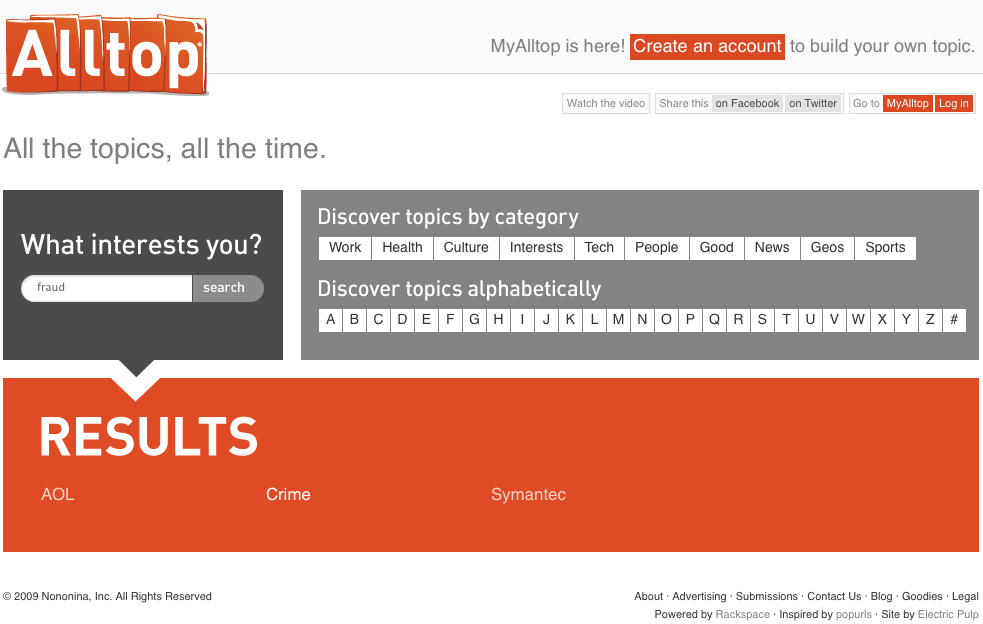This is the coolest thing I’ve seen in weeks
Download the Instant Atlassian tool to your desktop PC, and at a command line, change to the directory containing the tool and run the following command (substituting the red placeholders with the credentials you obtained in step 1):
java -jar instant-atlassian-1.1.jar “Your_AWS_Access_Key_ID” “Your_AWS_Secret_Access_Key” create 10
This will create a server for you, with JIRA and Confluence pre-installed, and 10 gigabytes of space for storing your data.
This tool uses the Amazon Elastic Block Store to store your data. 10 gigabytes of space will cost you $1 per month. These charges stop once you use the tool's “delete” command (described below) to delete the data.
via Setting up JIRA and Confluence in minutes - Atlassian Developer Blog.
